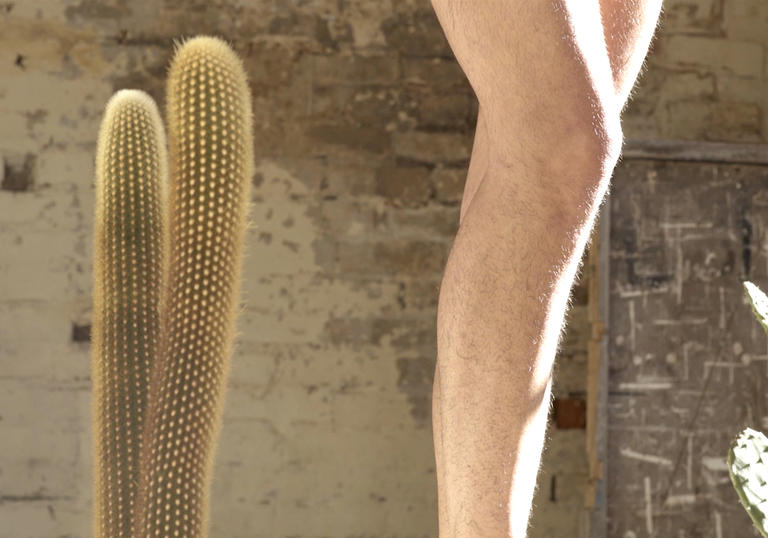We meet Helen to hear more about the making of the film and how film can break down barriers.
How does your film respond to this month’s theme – Feminism?
The film aims to highlight the thought process associated with the decision to be unshaven and how this seemingly small act exposes a much broader issue around what is socially acceptable as a woman.
A Prickly Subject explores ideas around individual decision-making and objectifying the female form. Going out in public with leg hair as a woman can be liberating in the sense that it subversively reclaims something that is widely restricted but also intimidating in a society where hairlessness is so often equated with beauty and femininity. This is not necessarily a clean cut decision. In a society where gender fluidity enters the arena of debate on social norms, body hair on women still remains a taboo. This represents a complex weave of stigmatism and suppression that has to be unravelled and understood.
Going out in public with leg hair as a woman can be liberating
Can you explain the process behind the making of your film?
I first met the poet, Anam Cara, whilst drawing her at a life drawing class. She presented herself unshaven and I found it quite refreshing. It made me think about the choices women make on a daily basis and why we might feel like going out in public in our natural states is not an option. I contacted her and asked if she would be interested in making a film with me about the subject. It’s only then that I discovered that she was a poet and had written a poem about being hairy.
The poem itself seems to fluctuate between moments of insecurity and empowerment and I wanted to capture that visually. The locations are all significant spaces that dictate how women may feel about their body hair. Some of the spaces are intimate and some are very public. She is mostly isolated in the scenes because I wanted to make the film feel like it was a personal journey.
Her performance on camera reflects different states of mind. Romantic and feminine poses are interspersed with moments of empowerment as well as shots that show the vulnerability of public exposure.
Do you think art really can be a vehicle for change?
I think that art exists to question our own ideas of how to view the world and ourselves in it. Increased awareness around a subject matter makes people reflect. In that sense, art is most certainly the foundation for change.
About Helen Plumb
Helen Plumb is a Brighton based director, specialising in documentary and music related content. With a passion for social and environmental subjects, she uses experimental techniques and concepts to tell stories and make art.
Next month, our theme is ‘Disability‘.
Subscribe to the Barbican YouTube channel to see more short films throughout The Art of Change.

